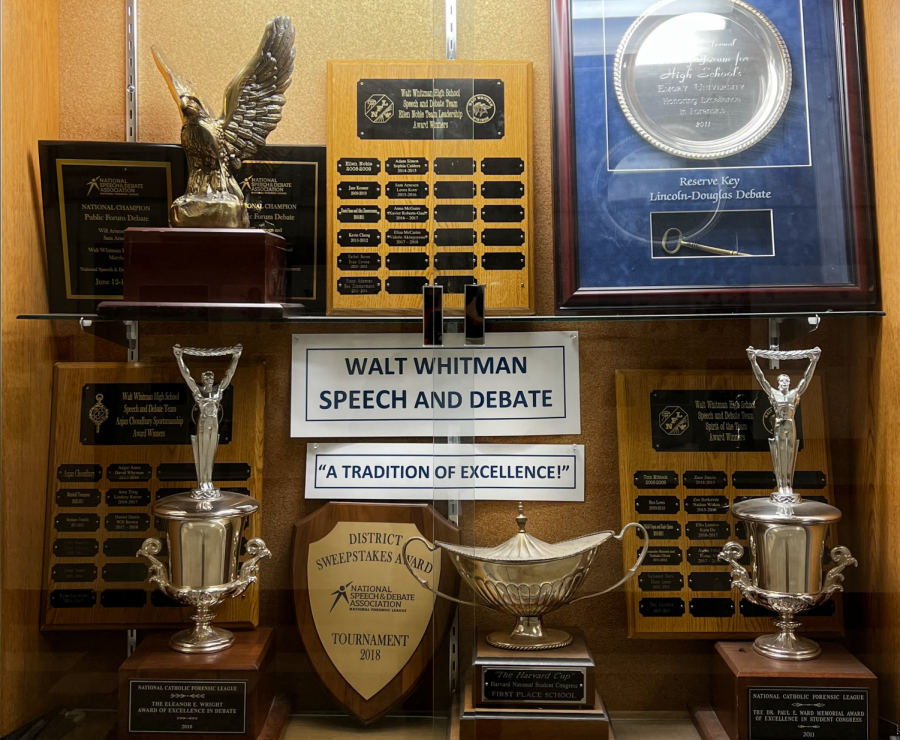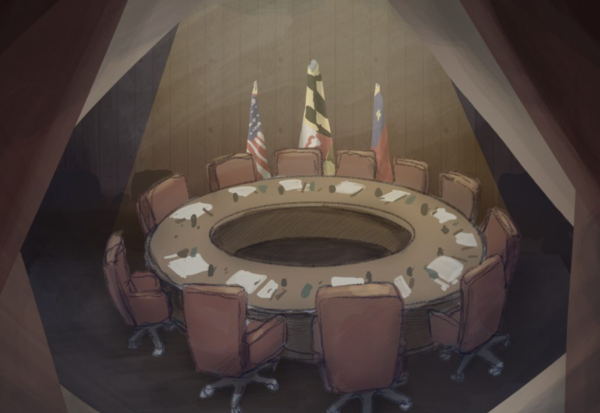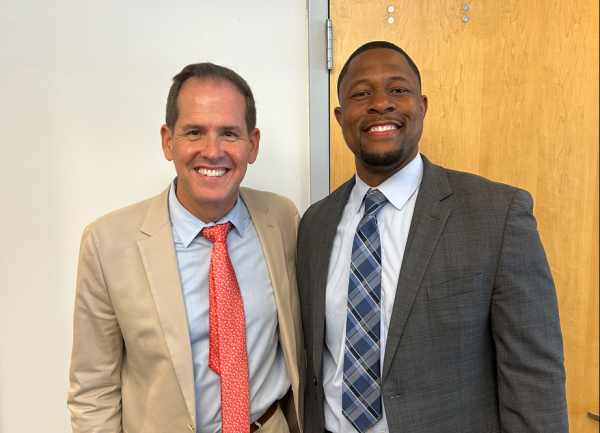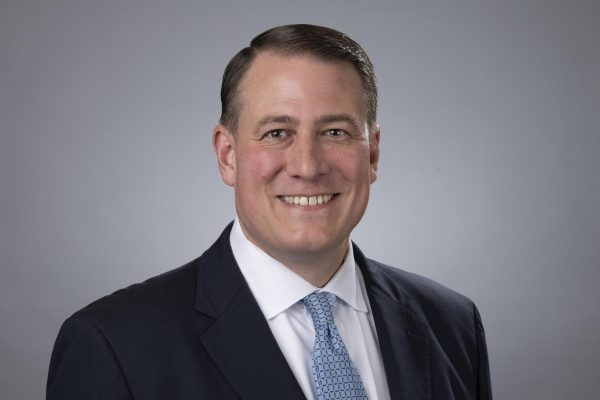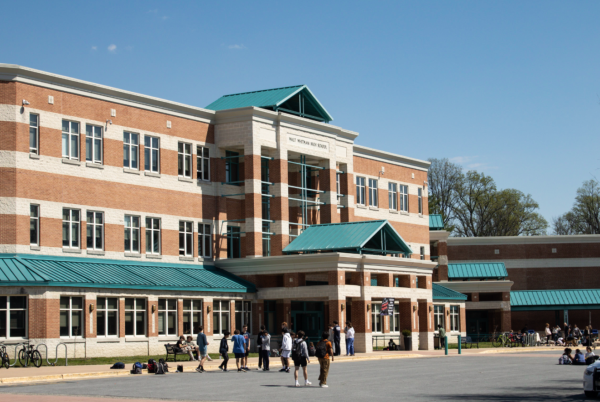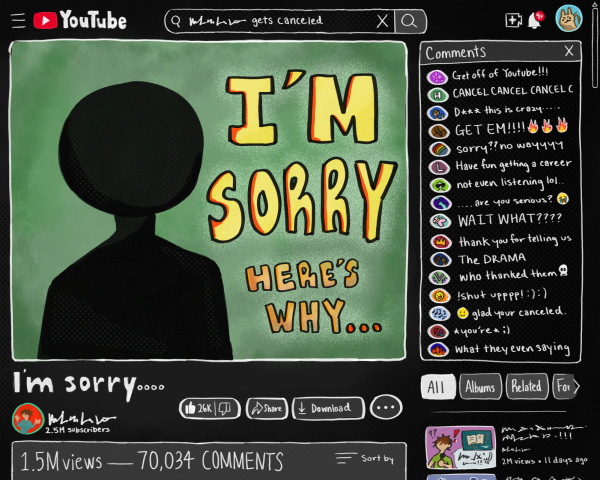“It’s getting closer and closer”: Debate team takes stock after students’ antisemitic comments on club trip
Two students allegedly joked about using challah to lure Jewish people — including specific Debate team members — to the secluded Andaman Islands and burn them at the stake.
Two students on Whitman’s Debate team allegedly made a series of antisemitic comments about their Jewish teammates during an off-campus team trip in mid-December. The allegations were first reported on Sunday by The Washington Post, which had obtained a January email that a student team member sent to the team’s parent board.
According to the email, which was also obtained by The Black & White, the two students allegedly joked about using challah to lure Jewish people — including specific Debate team members — to the secluded Andaman Islands and burn them at the stake. The email reported that the two students referenced burning Jewish people while playing Kanye West music and “mosque music.” None of the Jewish team members named nor MCPS staff members were present at the time of the incident.
Following the report, school administrators asked members of the Debate team not to speak to their peers about the incident and the report’s contents. MCPS’ Hate Bias Incident Reporting procedures outline that as part of “Interim Measures,” administrators may place “restrictions on contact” between the students involved in the conflict during an active investigation.
According to a member of the Whitman Speech & Debate parent board and team members familiar with the investigation, all of whom asked to remain anonymous, the two debaters accused of making the comments received a month-long suspension from the Debate team — a decision made by school administrators, not the debate board. In a January meeting, an administrator informed the board that the end of the suspension was contingent on the two students completing Restorative Justice sessions, the board member said.
Administrators investigated the incident but were unable to find evidence of specific students being targeted by the students’ comments, concluding that the alleged antisemitic statements were made about Jewish people in general, Dodd told The Washington Post.
Administrators publicly acknowledged the alleged antisemitic statements for the first time in an email to the Whitman community yesterday afternoon, nearly a month after the original complaint and subsequent investigation in partnership with the debate leadership. Within hours of the Washington Post article’s publication, administrators sent out an email to the Whitman Debate mailing list, announcing a partnership with debate leadership and MCPS’s Restorative Justice Unit. All members of the Public Forum Debate team, including the students accused of making the antisemitic comments, must attend three scheduled “restorative learning” sessions during lunch this week as a condition of remaining on the team, administrators wrote in the email. The next night, Feb. 6, Dodd also sent a similar email to the entire Whitman community.
According to the messages to debate families and the school community, the purpose of the sessions is to “repair the harm that has been caused” by the incident and “establish core agreements that cultivate a culture of respect, accountability and collegiality,” while providing the team with a platform to discuss team dynamics and leadership roles.
According to Dodd, officials from MCPS’ Office of Student Welfare and Compliance and the school district’s Restorative Justice Unit concluded that Restorative Justice is an “appropriate and necessary” response to this incident within the Public Forum team.
“For those who are potentially victims in this situation, [the sessions are] an important opportunity for them to be heard, and for everyone on the team to understand the nature of the harm that was caused, so that it can begin to be repaired,” Dodd said in an interview. “The process may be messy and emotionally charged, but I think in the end, it will be productive.”
Public Forum debater and Jews4Change founder Rachel Barold, a freshman, didn’t attend the December debate event, but later learned from another student that her name was among those listed, she said.
“It definitely hurt to hear that my teammates were saying things about my community like this,” Barold said. “It also hurt to find out that I had been specifically targeted by their comments.”
The debaters’ antisemitic comments took place within days of the discovery of antisemitic graffiti on Whitman’s school sign and a schoolwide “OneWhitman” lesson about the history of antisemitism and allyship. The incident also comes amidst an uptick in antisemitic violence and anti-Jewish sentiment across the nation, as well as multiple instances of antisemitic vandalism at MCPS schools.
The trend is worrying to students on the team, including one Jewish debater who chose to remain anonymous due to their membership on the Debate team, as well as fear for their safety as a Jewish student, they said.
“That the incident happened the same week as the graffiti just tells you something about the level that antisemitism is rising in the county,” the team member said. “It’s getting closer and closer and closer, and that’s really scary.”
Another team member, who also asked to remain anonymous, felt that the students who made the comments owed an apology to all students in the Public Forum debate program for the hateful and hurtful statements.
“The entire team is owed an apology, and every single student who was on that list is owed an apology,” the student said. “By allowing them back on the team, the people who made this decision are forcing Jewish students to either collaborate with and even be in the same hotel room with those students, or quit the team, essentially.”
The length of time that passed between the report and the public response from administrators was frustrating to team members and created an appearance of a performative response, a student on the team said.
“If people don’t know that an incident like this happened, there’s no accountability, and there’s no way to actually solve the problem,” one team member said. “If only a handful of people know that something like this happened, everyone else can go around and say antisemitism isn’t a problem in my community, and that’s not true.”
Administrators have primarily investigated this incident privately, in accordance with federal law, Dodd said.
“Sometimes the school at large and the community are not going to be privy to what happens with students who engage in misconduct or with victims,” Dodd said in an interview. “We do a lot of work with kids, privately, individually and with their families to ensure they have the support that they need. And for kids who have made mistakes or who have engaged in behavior that violates the Student Code of Conduct, [to ensure] that they’ve learned from their mistakes.”
The MCPS Restorative Justice Unit sessions are mandatory for both varsity and novice Public Forum debaters, who practice and compete separately. The email from school administrators about the sessions stipulated that if students wanted to continue participating in Whitman PF Debate, they must be present for all of the sessions.
The required teamwide attendance is frustrating to some team members, including one debater who told The Black & White that it doesn’t seem fair that novices, some of whom had not even heard about the incident, are compelled to attend these mandatory sessions.
Still, the restorative justice sessions can function as an instrument for accountability, Dodd said.
“I think an assumption that some people make is that restorative justice is just code for not holding students accountable for their behavior, and that’s not what it is,” Dodd said.
Barold said that she expressed frustration during the information session about the restorative justice sessions making reconciliation over the two juniors’ comments the responsibility of the rest of the team.
However, one team member expressed some hope for the positive impact of the restorative justice sessions.
“This restorative justice thing was kind of what I hoped would be the final result,” the student said. “I still think it’s going to be probably the best thing we could do, even though it might not work.”
Nearly two months after the incident, some students participating in this week’s sessions believe it’s important for the school community to know more about the situation, instead of just having restorative justice conversations within the debate program, one debater said.
“There has been very little actual accountability taken for these actions, and I think that restorative justice, especially the way they are trying to implement it right now, is not going to make that happen,” the student said. “In this instance, it’s not enough.”
Feature Writer Dani Klein is a member of Whitman’s Speech team, which functions separately from Whitman Debate.
Online Editor-in-Chief Ethan Schenker was a member of Whitman’s Public Forum Debate team from 2019 to 2022.
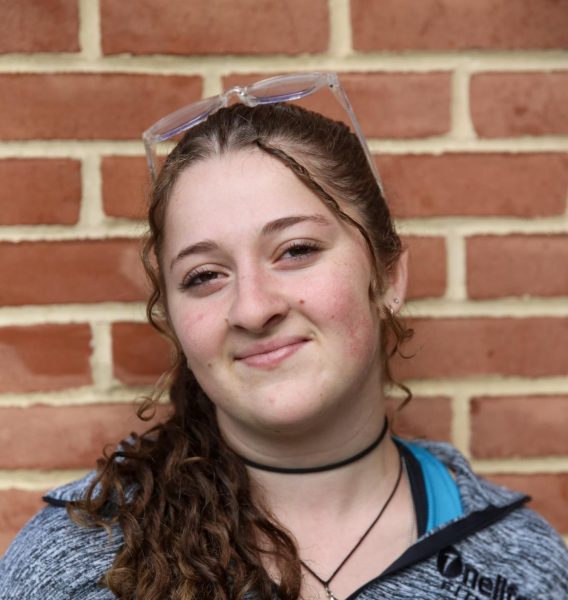
Why did you join The B&W?
Why did you join the Black and White?
My sister did Black and White and said it was an amazing experience. In addition, I love photography and would love to share some of my stories with the school.
If you could see one movie for the first time again, what would it be?
Home Alone




